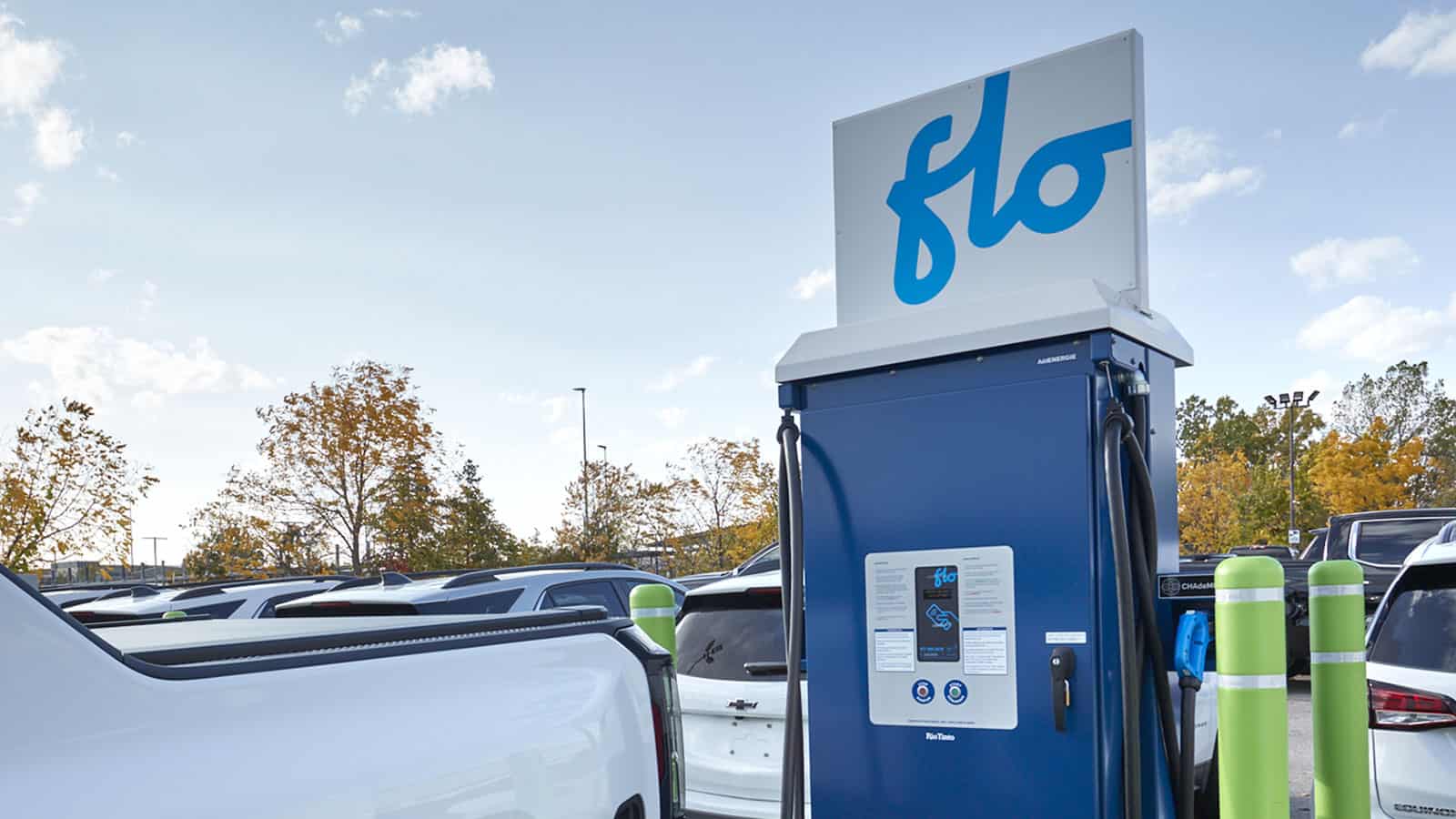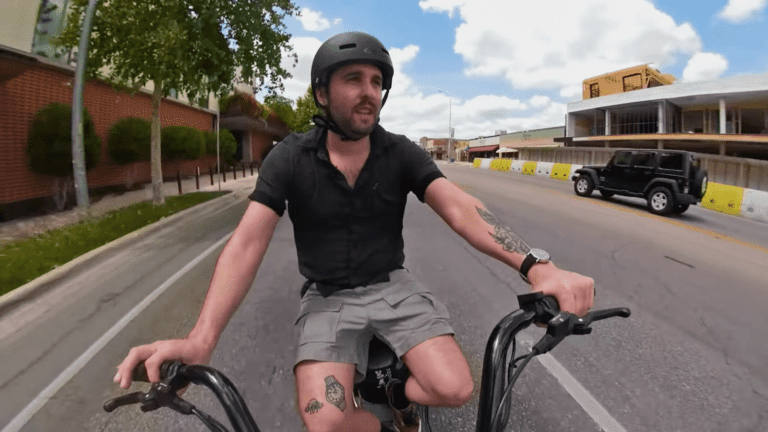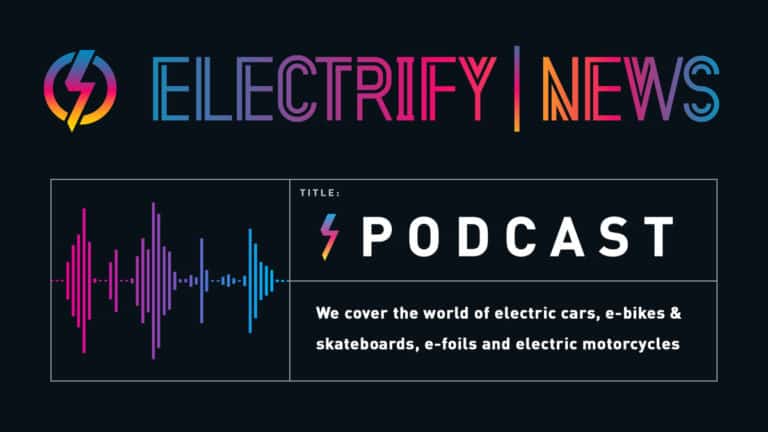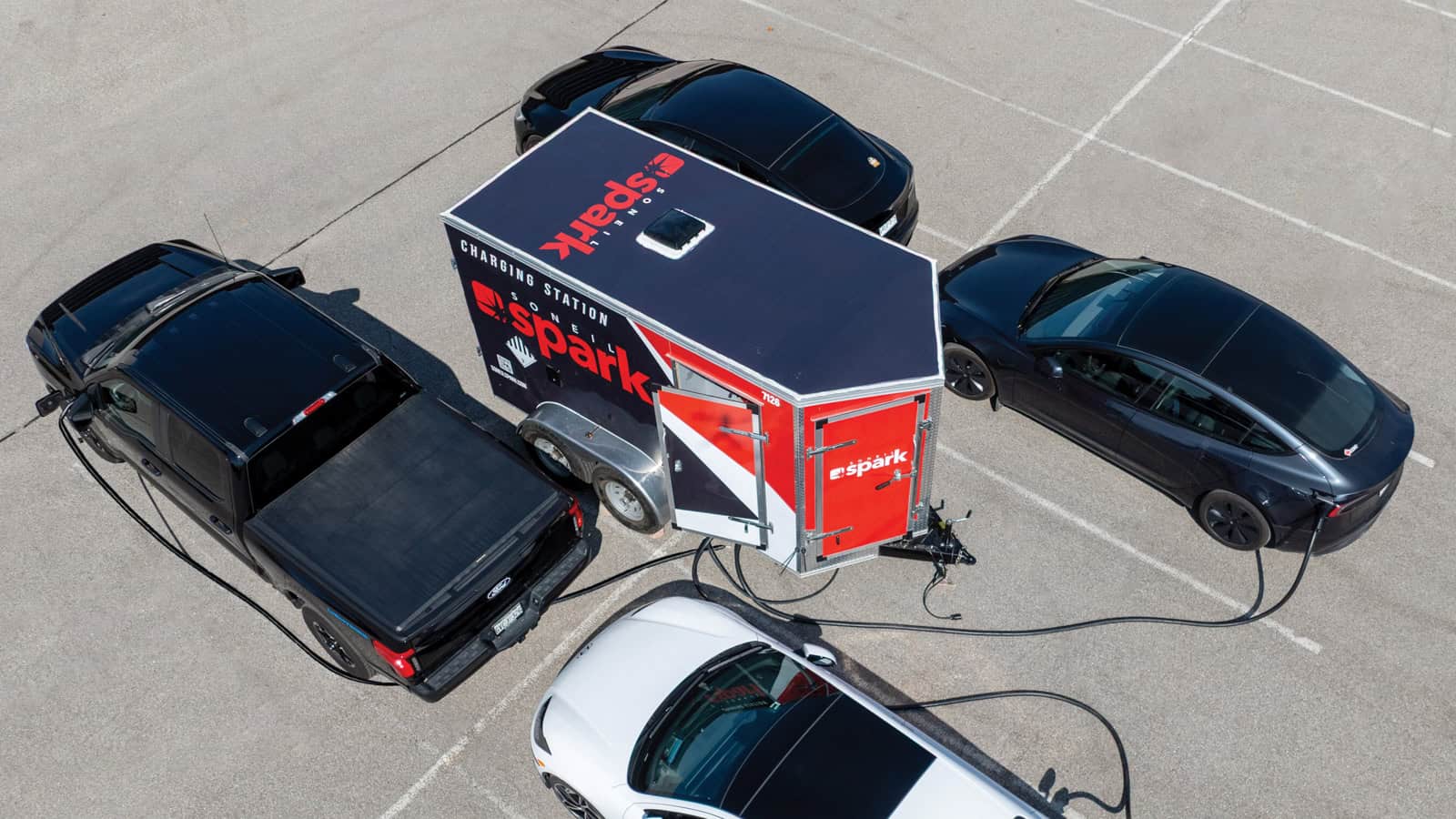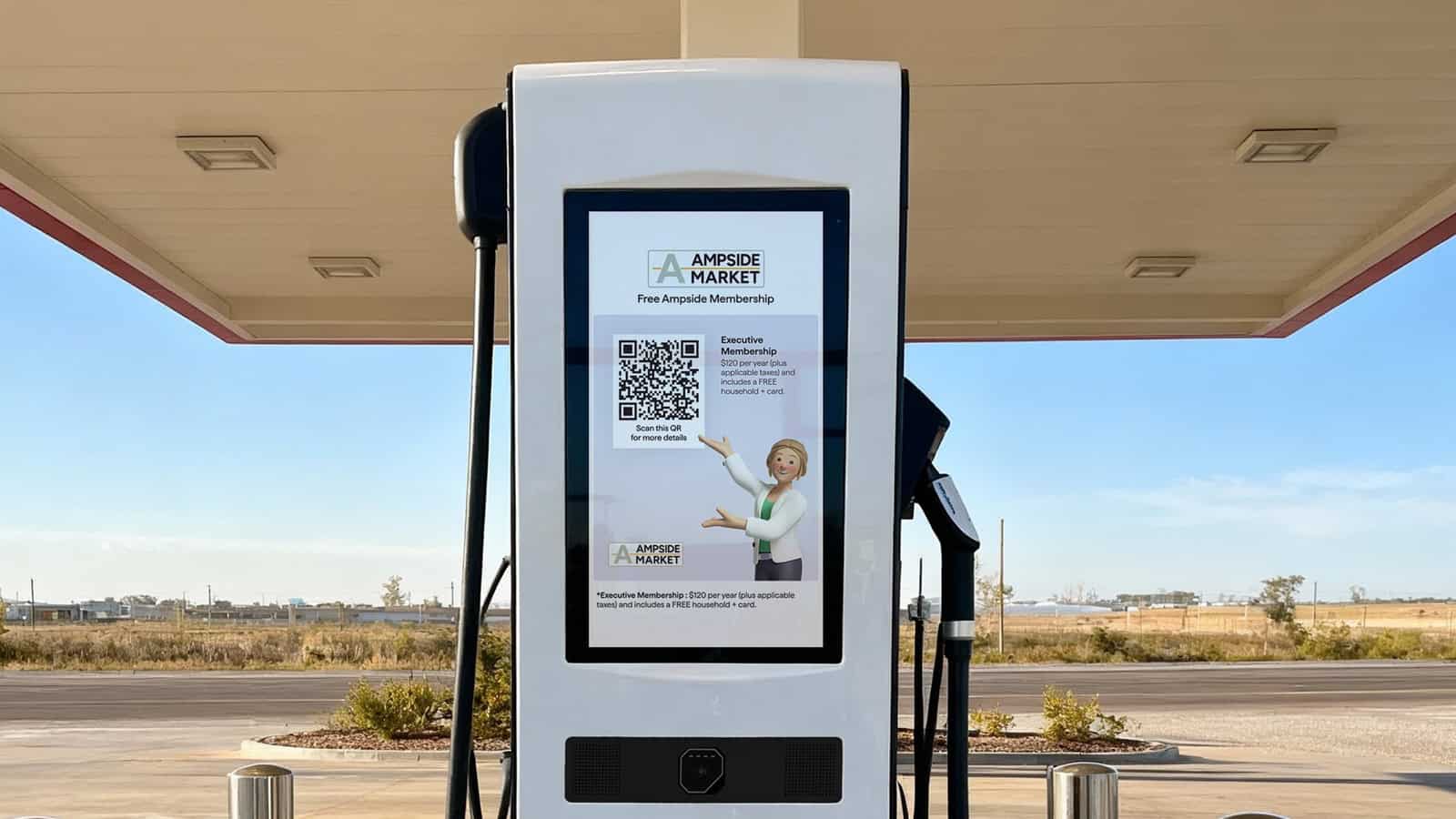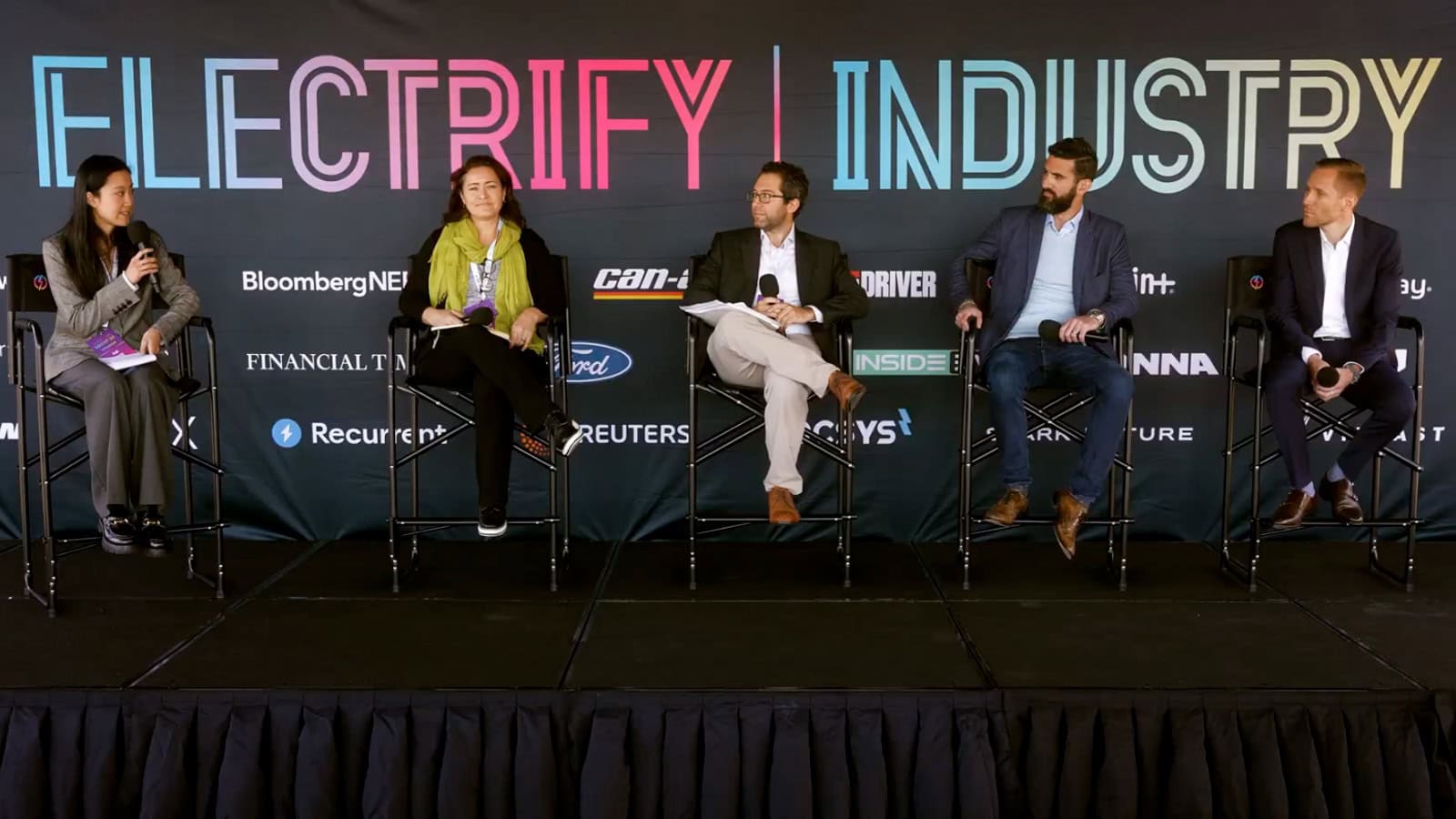- FLO has allocated nearly 40% of its charging stations to low-income and historically underserved communities.
- This announcement aligns with the Biden administration’s Justice40 Initiative, which aims to prioritize disadvantaged areas for climate and sustainability efforts.
- Collaborations between FLO and various city departments across the country have resulted in hundreds of new Level 2 chargers, bringing greater EV accessibility to lower-income neighborhoods.
FLO, the EV charging company, recently announced that it has nearly 40% of its total number of charging stations located in low-income and historically underserved communities, dubbed Justice40 communities as part of a larger federal program. Why those communities? Because lower-income areas tend to be overlooked when it comes to building out EV charging infrastructure, and everyone deserves access to cleaner transportation.
ADVERTISEMENT
What Is Justice40?
The Justice40 Initiative is a push by the Biden administration for making sure that 40% of climate and sustainability efforts focus on and benefit disadvantaged communities. These areas tend to see underinvestment when it comes to concerns like cleaning up transit, building better wastewater infrastructure, and dealing with an overall legacy of industrial pollution that targets lower-income people because they can’t afford to live anywhere else and they can’t afford to fight back.
Justice40 investments include projects related to climate change, clean energy, clean transit, sustainable housing, and more. Federal programs are being transformed to better focus on these communities and keep them top of mind when it comes to developing new infrastructure.
Expanding EV Access to All Americans
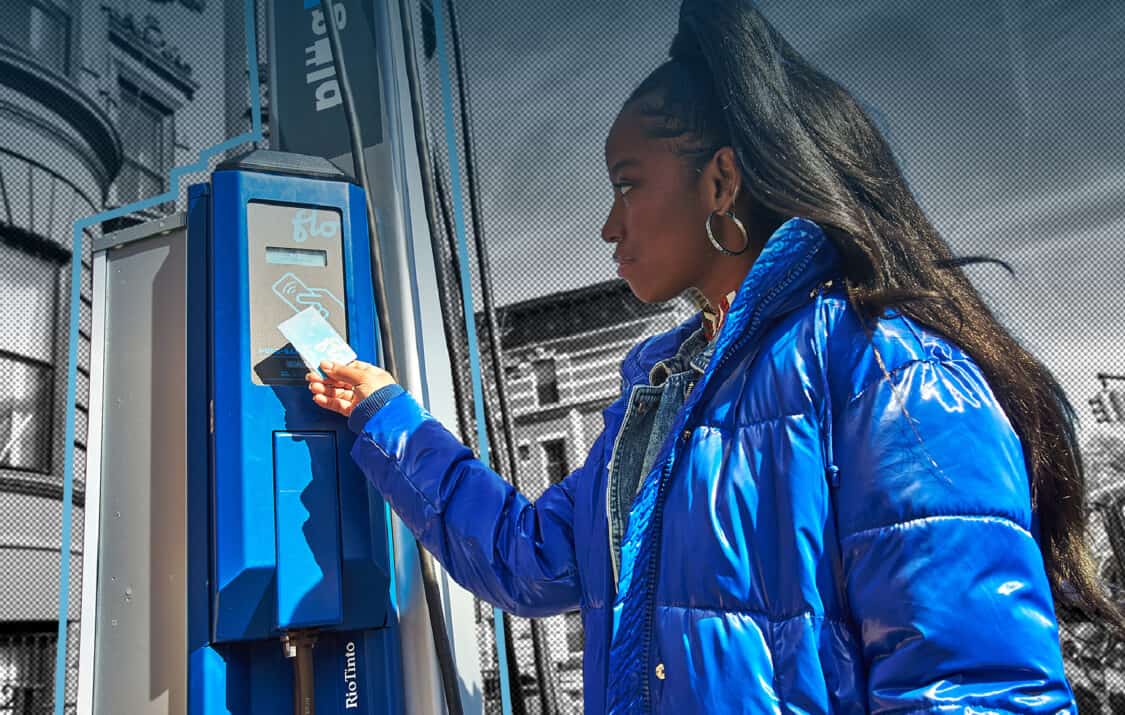
FLO has deployed chargers to Justice40 areas in cities like Cincinnati, Dayton, Indianapolis, Los Angeles, New York City, North Hollywood, Santa Rosa, Seattle, Tacoma, Wisconsin Rapids, and more.
In Los Angeles, FLO and the city’s Department of Public Works partnered on installing nearly 500 Level 2 charging stations throughout the city. FLO had also co-sponsored the Equitable EV Charging Act to boost these communities’ access to overnight charging options, especially in multifamily housing areas.
In New York City, the NYC Department of Transportation worked with electrical company Consolidated Edison and FLO for EV charger installation across all five boroughs, including 100 public Level 2 stations for curbside EV charging.
ADVERTISEMENT
And in Tacoma, FLO worked with the city’s Public Works Department and Tacoma Power to install public chargers with a specific focus on creating equity in underserved communities.
“Equity data paints a concerning picture. Residents from lower-income backgrounds, including Black, African American, Hispanic, or Latino communities, often find home charging out of reach,” said Louis Tremblay, president and CEO of FLO. “Curbside and public level 2 charging stations, like those found in our Justice40 deployments, go far in offering a fair transition to EVs for everyone.”
Working to Fix EV Poverty
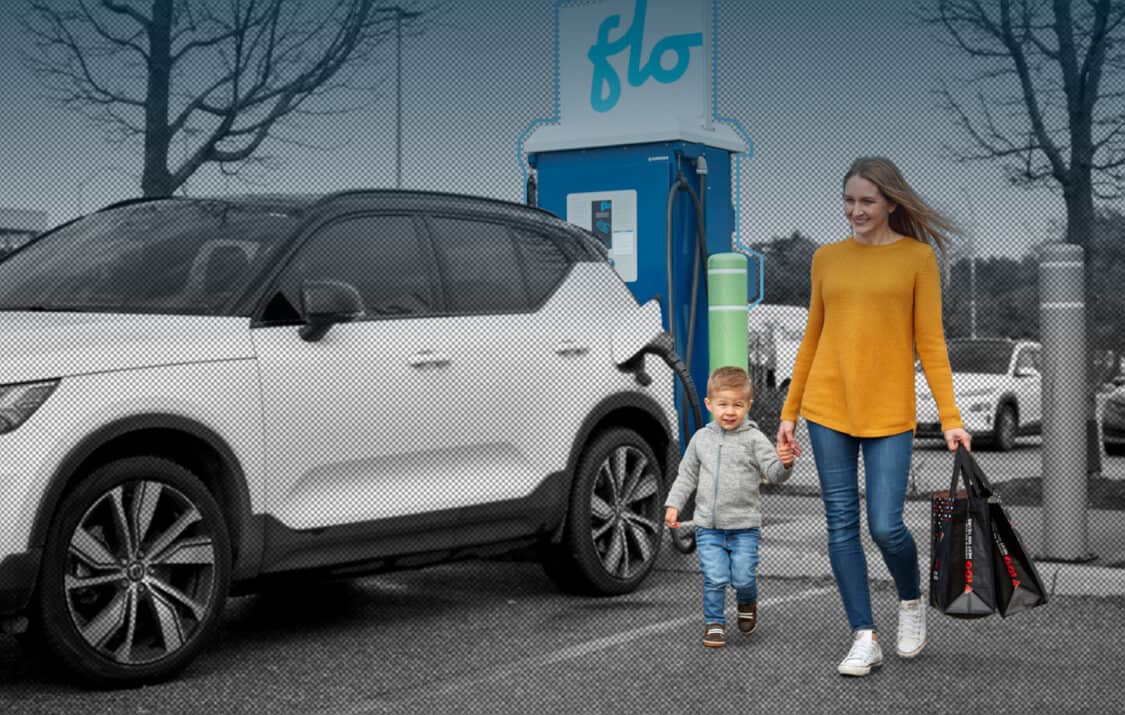
People in all areas of the country — and the world — deserve access to clean air and clean transportation. But if we don’t build access to EV chargers in poorer areas, then we are forcing people to use dirty transportation as their only means of getting around because they simply wouldn’t be able to charge up any EVs they’d want to buy.
If we can also manage to have more affordable EVs to create better EV price parity with gas-powered vehicles, then maybe we have a shot at giving everyone better opportunities to live healthier, more sustainable lives.
ADVERTISEMENT

IMAGES: FLO
FTC: We use income-earning auto affiliate links. Learn more.


